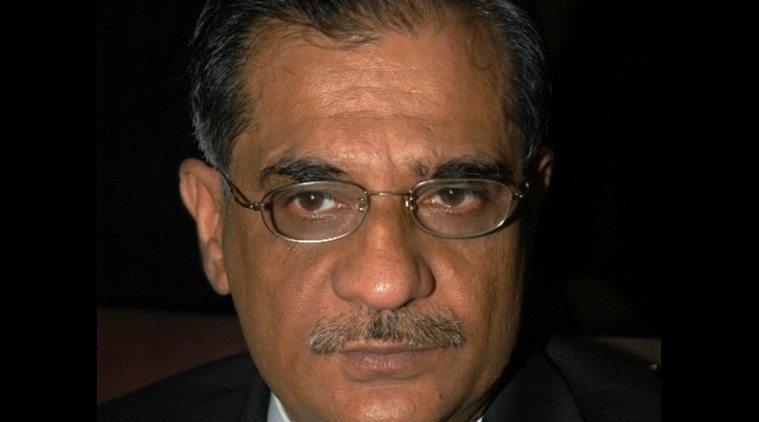How judicial activism has aggravated the backlog of cases in Pakistan’s courts
Chief Justice Iftikhar Muhammad Chaudhry had covered himself with suo motu glory and was mentioned in the Guinness Book for initiating 6,000 cases while backlogs accumulated. He was so aggressive people thought he was “put on the job” by the army.

The chief justice of the Supreme Court of Pakistan Justice Saqib Nisar, who retired on January 17, must go down as the most “activist” judge in the country’s history. He leaned on Article 184(3) of the Constitution on “fundamental rights” to barge into any image-enhancing case, raiding hospitals while neglecting his own domain where 1.9 million cases languished “in pendency”.
Justice Nisar was so aggressive — he got the Punjab chief minister to apologise in court for incorrectly transferring a police officer — people thought he was “put on the job” by the most powerful institution of the country, the army. Earlier, Chief Justice Iftikhar Muhammad Chaudhry had covered himself with suo motu glory and was mentioned in the Guinness Book for initiating 6,000 such cases while backlogs accumulated — Rasheed Rizvi, a retired judge of the Sindh High Court, said on television that Justice Nisar actually beat Justice Chaudhry’s Guinness Book record.
After Justice Nisar started interfering in the executive and addressing “the people” directly on TV and launching fund-raising campaigns, he started looking funny. Some judges reacted, one went to his hometown Peshawar after retirement and told the lawyers there that what was happening in Pakistan was not normal judicial process. Another judge, who was retiring, refused to attend the farewell dinner arranged by the court but no one read the message. Then the bombshell came from the Islamabad High Court.
On July 21, 2018, Justice Shaukat Aziz Siddiqui told the Islamabad bar that the army was dictating terms to the judiciary and that the current activism was nothing but a kind of “indirect” conduct of justice. He told the lawyers: “The ISI had approached Islamabad Chief Justice Muhammad Anwar Khan Kasi and said: We don’t want Nawaz Sharif and his daughter to be allowed to come out of the prison until the July 25 elections. Do not include Shaukat Aziz Siddiqui on the bench hearing Sharifs’ appeals.” Siddiqui stated in public that both the high and supreme courts were taking orders from the army. Needless to say, he was quickly dismissed from service through the Supreme Judicial Council.
The highly-regarded Justice Faez Isa, sitting on a Supreme Court bench with his boss, objected to the overly “activist” nature of the case they were hearing. Chief Justice Nisar lost his cool, walked out of the bench, and announced its “re-composition” by removing Justice Isa from it. Silent while this was happening, the other judge on the bench, Justice Mansoor Ali Shah, declared in writing that the chief justice was wrong in breaking the bench in mid-hearing.
A “populist” judge often becomes popular. People loved Justice Nisar for breaking the red tape and reaching down to them like the Caliphs of Baghdad in the heyday of Islam. Herald magazine chose him as Person of the Year in 2018. “Justice Nisar frequently raided hospitals, not just to check the quality of the medical care they provide but also to see how some under-trial politicians were being kept there. He was enraged to find them living in luxury. He also hauled mineral water companies to court, telling them to pay for the water they were extracting from the ground. His single most significant initiative, however, has been his untiring championing of the construction of at least two large dams in the country.










.png)




























No hay comentarios:
Publicar un comentario